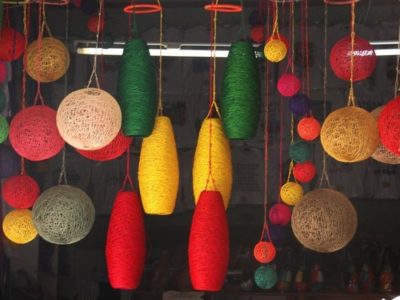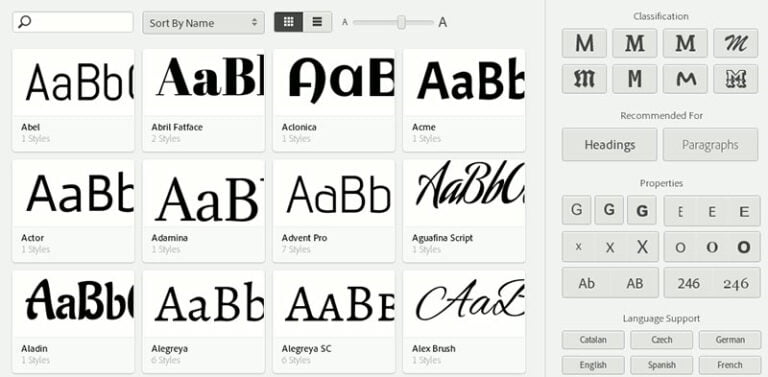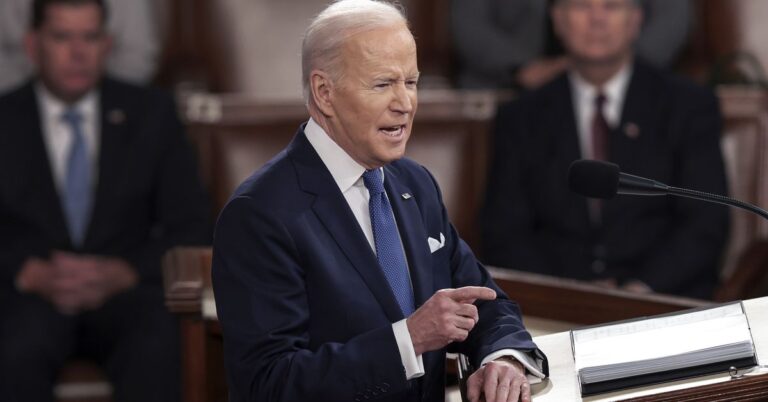
Handicraft industries have long served as the backbone of India’s rural economy. The handicrafts sector is crucial to the Indian economy because it is one of the nationwide job creators and contributes significantly to our exports. The Export Promotion Council for Handicrafts (EPCH) advocates for India’s handcraft manufacturing industry.
Why is it crucial for us to conduct market research on the Handicrafts Export Business?
The Indian handicraft market is vast and widespread. The first step is to understand the local market and your targeted overseas market. Prepare a list of your handicraft products and their categories. It may be Pashmina shawls, Brass or bamboo handicrafts, leather, jute, or pottery. Market research generates many opportunities for exports. You should know where to buy and where to sell it. Exporters need to realize the paramountcy of product, place, promotion, and price. Your export order engenders foreign revenue with several job opportunities in India.
What role do branding and marketing play in the export of handicrafts?
You can promote your services, product mix, and many related things. When starting a business, you must create a unique name, tagline, and logo to attract customers. In recent years, branding and marketing have increased because people prefer to invest in market value and a healthy market rapport. Social media encourages handicraft export business.
Also Read: PLI Scheme – Guide To PLI Scheme In Textile Sector
How can I start a handloom export company with an import-export license?
DGFT authorities allot a unique and automated 10-digit code to Indian companies. IEC code is a must for export business in India. Exporters’ businesses also need to obtain a PAN-based business identification number (BIN) from DGFT authorities before filing shipping bills for their company’s exported goods.
- You can choose your handicraft products. The Directorate General of Foreign Trade (DGFT) ascendant entities allot it.
- Upon request, the Director-General of foreign trade will issue the IEC (Importer and Exporter code), but they grant it for the product category you request. For each group, you will have to pay a fee.
- If you are a new limited company, choosing a name for your export trade endeavor helps to identify your business. For startups and small enterprises, a name that ends in “exports” is a popular option since it conveys what the firm does.
- You should register your company or firm (LMN International Exports).
- You can register your company as a small-scale industry (SSI Registration).
- You must open a current account with a bank that works in your company’s foreign currency.
- The Director-General of Foreign Trade (DGFT) sanctions the code immediately after the payment of Rs. Two hundred fifty. Register with the local chamber of commerce to trace various names of importers.
- You can register your export business with the nearest port (airport or seaport authorities).
- You could designate a carrying and forwarding agent for your export company.
An IEC application requires a bank certificate. One can trace the IEC code on your bank certificate. If your company receives EPC accreditation, it opens doors to foreign customers and expands your market. You can attend several international meetings.
Also Read: 10+ Best Wholesale Businesses In India 2020-21
What are Incoterms in the export and import business?
Many worldwide chambers of commerce have chosen Incoterm as a set of commercial instructions. This agreement specifies eleven types of international shipping business terms. This category simplifies the understanding of a bilateral trade agreement.
We can describe the eleven Incoterms as follows:
- EXW, or Ex Works
The seller promises to offer services and items under this Incoterm. The buyer would be accountable after that.
- FOB, or Free on Board:
FOB is an Incoterm that signifies the seller is responsible for putting the bought cargo onto the ship and all associated charges.
- FCA, or Free Carrier
FCA means that you are responsible for delivering your products to the location requested by the customer, and this will happen in a manner where you will be bearing all transportation fees on your own.
- FAS, or Free Alongside Ship
This Incoterm refers to a shipment that needs to be made by vessel only, rather than land or air. The seller is only responsible for the cost and risk until the delivery location.
- CFR, or Cost and Freight
It’s an Incoterm for ocean shipments in which the supplier is in charge of the products until they arrive at the specified destination port.
- CIF: “CIF” refers to “cost, insurance, and freight.”
Incoterm says it’s a water cargo. The vendor should insure the items for 110% of their total value until they arrive at their destination port.
- CPT, or Carriage Paid To
The merchant is responsible for arranging transportation to a specified destination. The risk passes to the customer after dispatch of the items.
- CIP, or Carriage and Insurance Paid:
Like CPT, the seller must ensure the goods in the shipment for 110% of the contract value.
- DAT, or Delivered at the Terminal:
As per this Incoterm rule, the seller has to deliver and unload the goods and pay all necessary fees.
- 10. DAP, or Delivered At Place:
In this instance, the seller is liable for delivering the products to the buyer at the specified location.
- 11. DDP stands for Delivered Duty Paid.
The seller is responsible for delivering the goods to a specified location in the buyer’s country and for all associated costs.
Also Read: 5 Most Profitable Businesses In India Apart From Metro Cities
What resources are suitable for your first export order?
- Your internet research for your products in other countries.
- Export promotion councils
- Various magazines or bulletins on exports
- Embassies of the several countries
- Third-Party Agencies or foreign agencies
- Market Research Companies
- Trade fairs and exhibitions
- Social media like Twitter
- Your friend and relatives network
- Data which is available in other countries.
- FIEO ( Federation of Indian Export Organisations)
Also Read: A DIY Guide to Get Your Business License in India
Your export finance will be more protected with,
- ECGC (Export credit guarantee corporation)
- EXIM Bank of India
It is wise to say that developed and advanced developing countries need to expand their export and import possibilities and open their markets to products from emerging countries.







